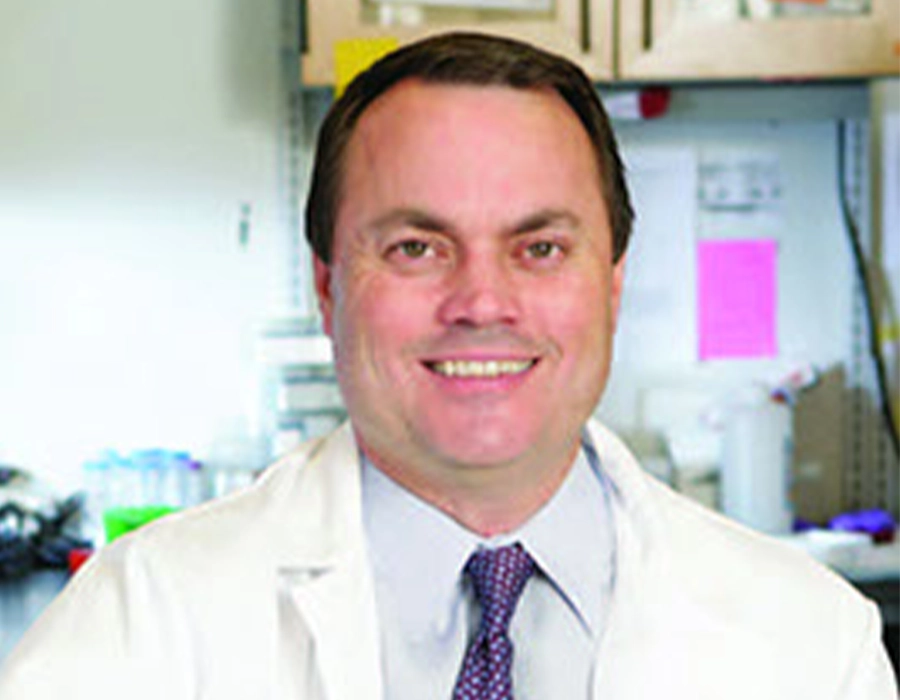The Metastasis and Exosome Developmental Laboratory is composed of basic researchers and physician-scientists who investigate all stages of metastasis, starting from the earliest stage of metastasis development, known as the “pre-metastatic niche”, a concept defined by Dr. Lyden and his team.
The pre-metastatic niche is a favorable microenvironment of immune suppressed cells at distant organ sites that forms prior to the arrival of metastatic tumor cells, therefore favoring immune evasion and metastasis formation. Investigations focus on highly malignant pediatric and adult cancers and their secreted factors, specifically exosomes. Exosomes are nano-sized extracellular vesicles released by tumor cells into the circulation that support pre-metastatic niche and metastasis formation. Recently, we have identified a new particle secreted by cells, which we called the exomere. This novel particle is uptaken by distant organs affecting their metabolism, demonstrating the essential role of tumor-secreted particles in supporting the systemic effects of cancer, reflected by muscle wasting and organ failure in cancer patients. Combining the power of exosome and exomere proteomics and genomics provides novel biomarkers for the detection of cancer and metastasis in patient tissues and in blood. Moreover, targeting the cells and molecules in pre-metastatic niches, as well as targeting tumor exosomes and exomere proteins and genes that support metastatic formation, offer new therapeutic approaches for treating pediatric and adult patients with metastatic potential and metastatic disease.
Dr. David Lyden is a Stavros S. Niarchos Professor in Departments of Pediatrics and Developmental Biology at Weill Cornell Medical College.
Early work in Dr. David Lyden's laboratory resulted in several fundamental discoveries that involve the role of bone marrow-derived stem and progenitor cells in tumor vasculogenesis and in metastasis.
Dr. Lyden and colleagues subsequently identified two bone marrow-derived cell types, endothelial progenitor cells (EPCs) and hematopoietic progenitor cells (HPCs) of myeloid origin that both participate in the formation of new blood vessels in the primary tumor that occurred by vasculogenesis as opposed to angiogenesis.
Dr. Lyden's laboratory then went on to show that secreted factors by the primary tumor prime certain tissues for tumor cell engraftment.His laboratory defined the concept of the "pre-metastatic niche". At the pre-metastatic niche, newly recruited bone marrow-derived myeloid progenitor cells collaborate with other cells types residing in the tissue parenchyma. Together, these cells provide a platform of pro-inflammatory molecules, such as S100 family members, growth factors, matrix-degrading enzymes (MMP9) and adhesion molecules (fibronectin and laminin), thereby accelerating assembly of the metastatic lesion.
Dr. Lyden's team investigation has led to his discovery that tumor-secreted microvesicles, known as exosomes, initiate pre-metastatic niche formation by educating stromal cells and bone marrow progenitor cells, thus supporting a pro-metastatic microenvironment. His laboratory has identified key proteins and the presence of nucleic acids in exosomes that support thrombosis generation and pre-metastatic niche formation.
Recently, his lab has identified the role of tumor exosomes in organotropic metastasis, or why cancer spreads to specific organ-sites.

